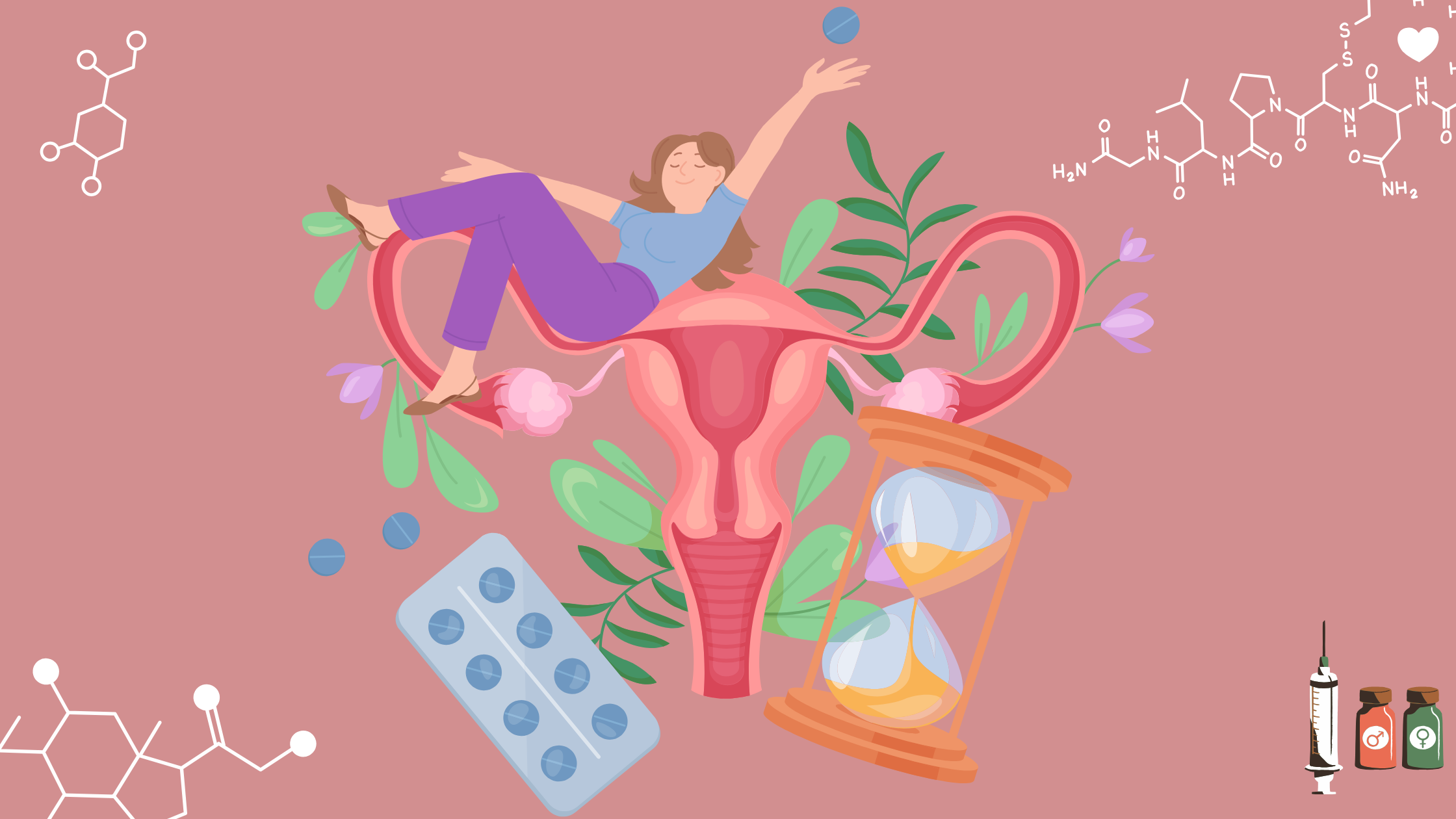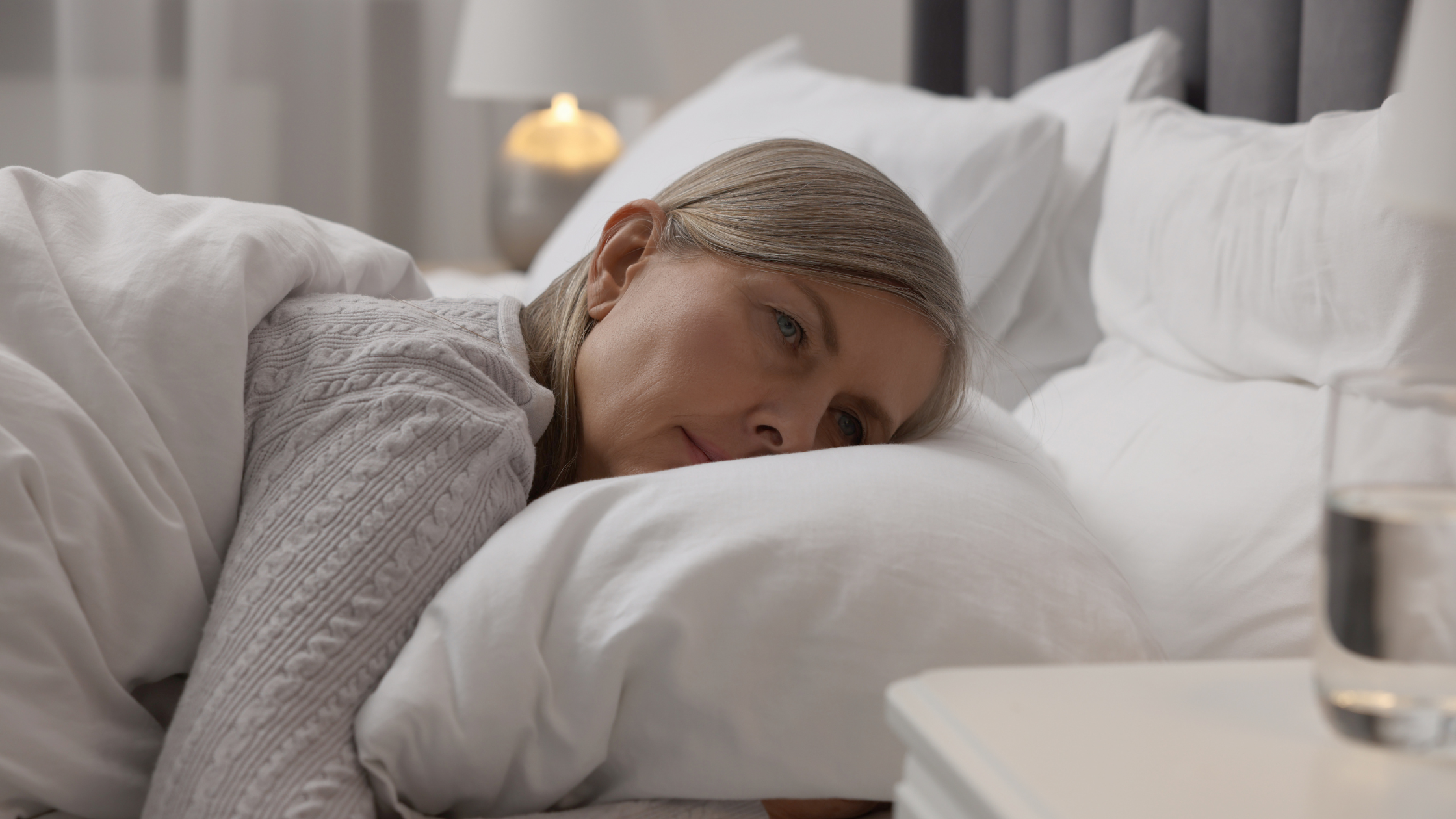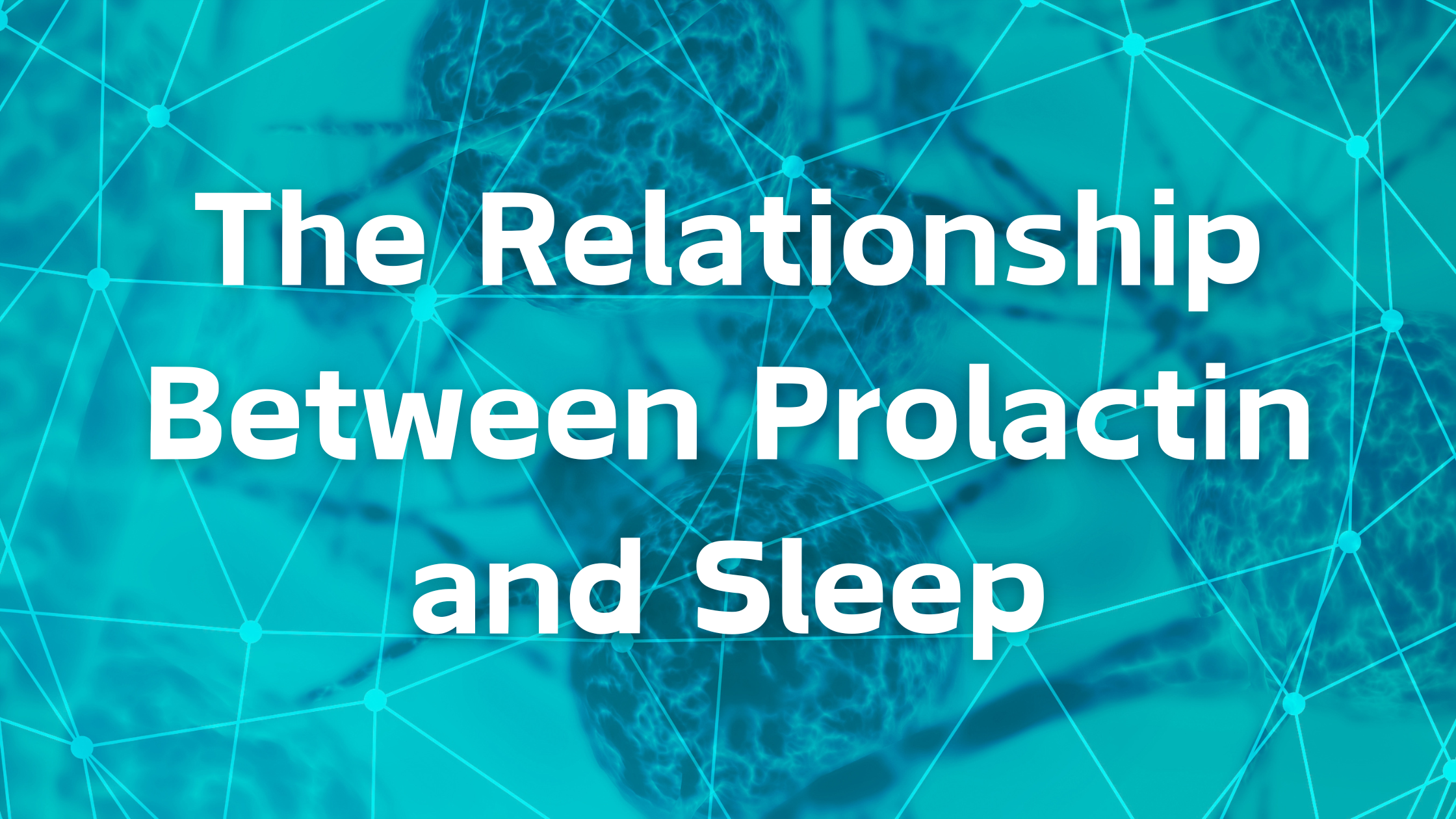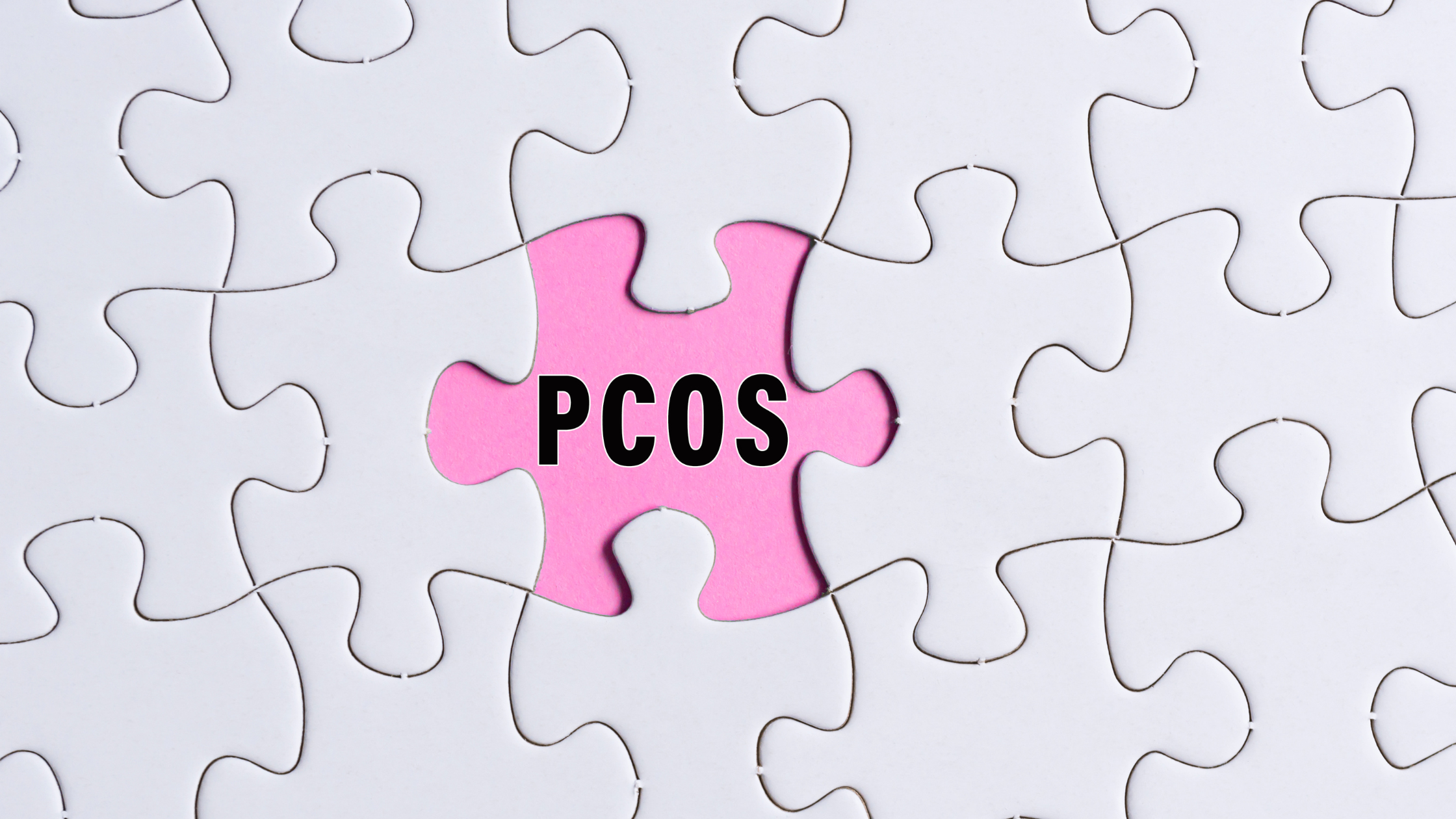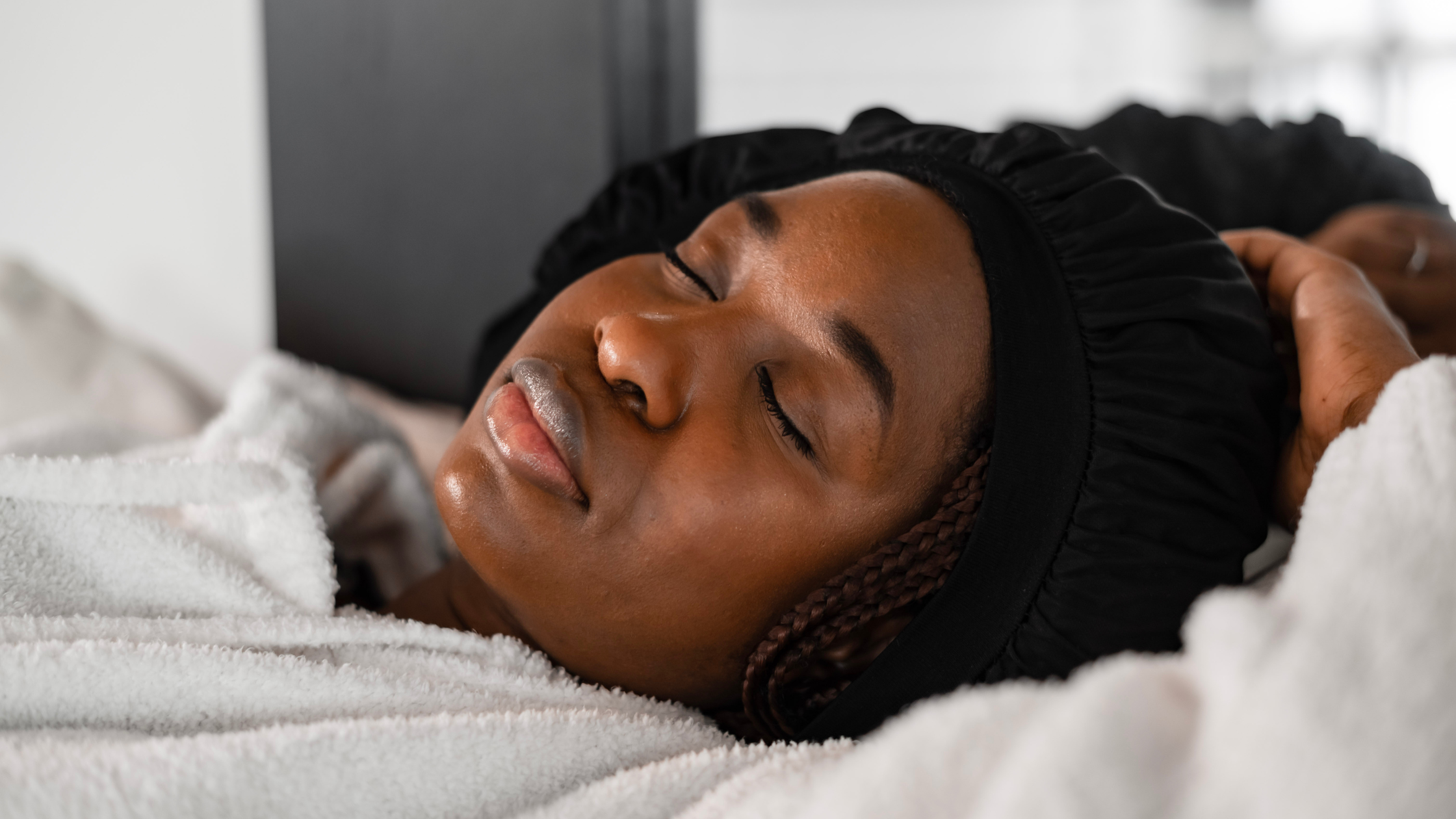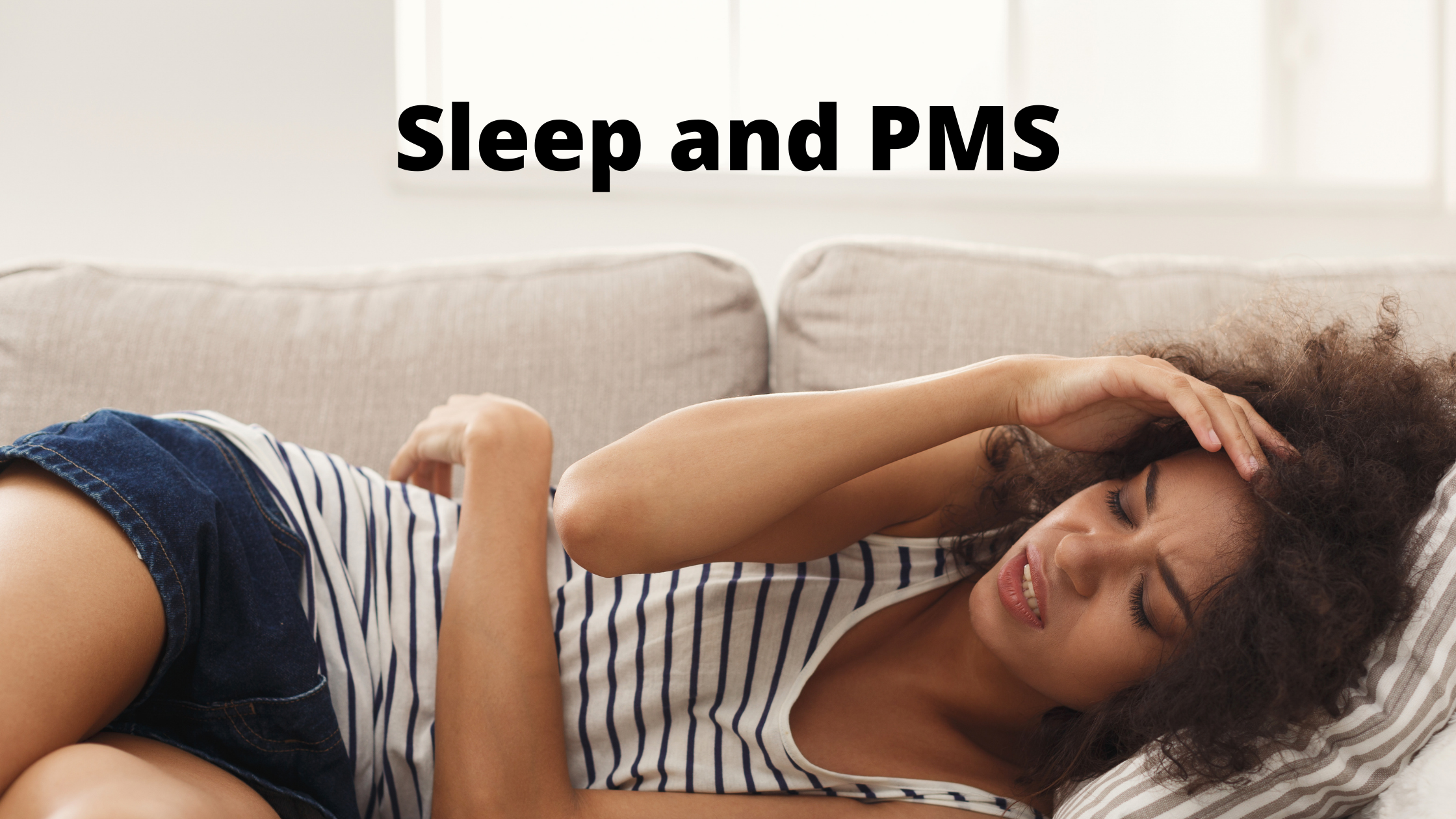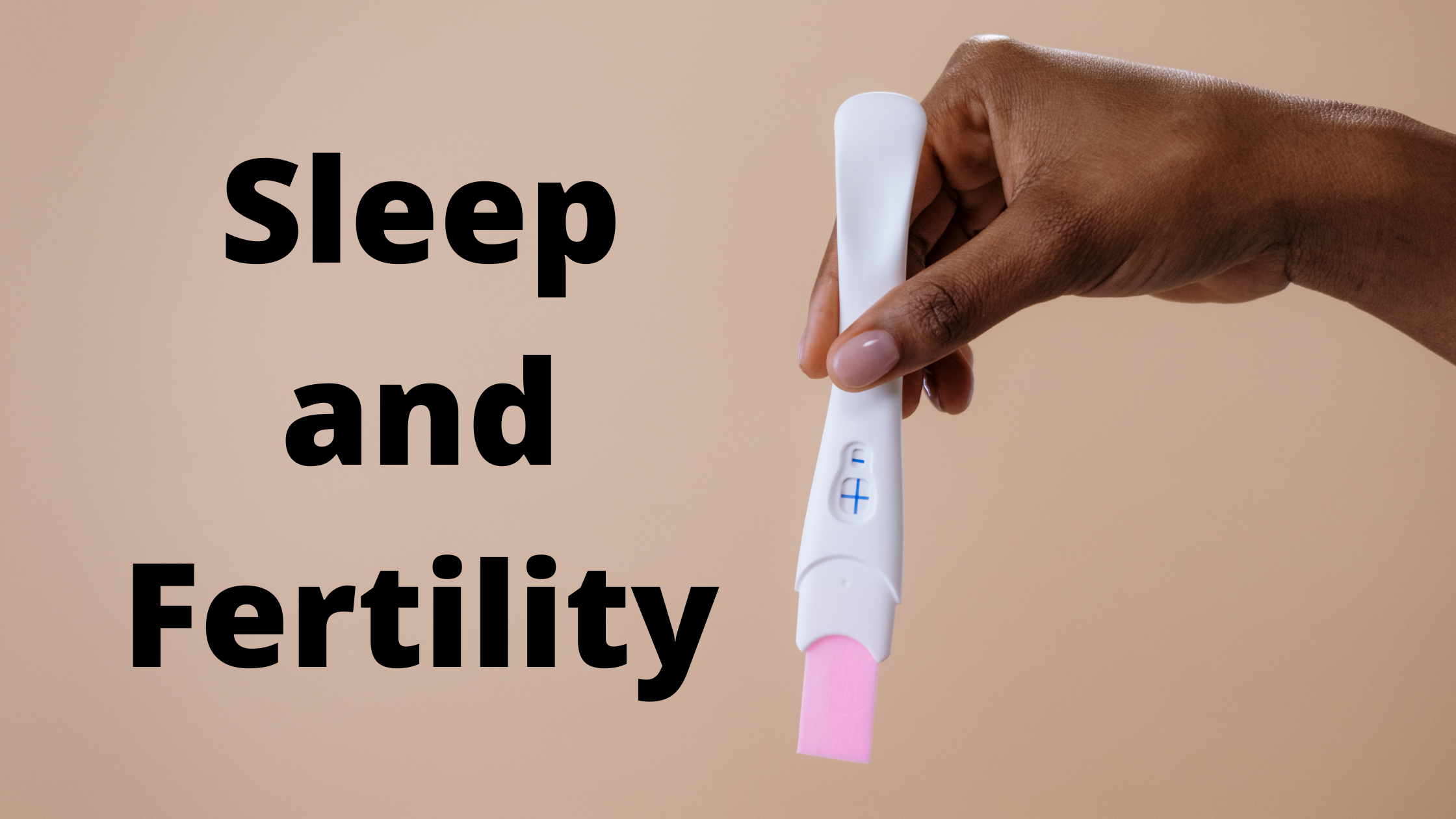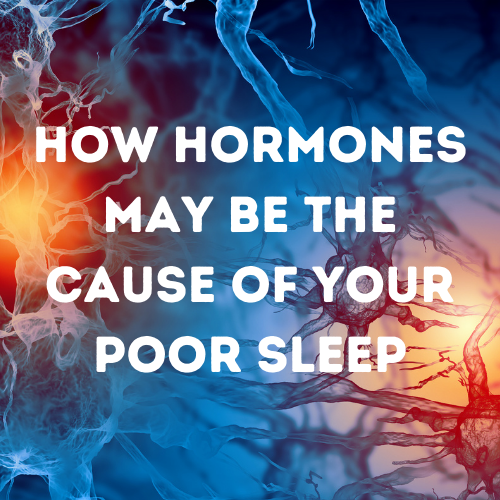Sleep problems are one of the most common—and most disruptive—complaints among postmenopausal women. Difficulty falling asleep, frequent night awakenings, early morning waking, and non-restorative sleep can persist for years after menopause. For many women, these changes are not simply a part of aging, but the result of hormonal shifts that directly affect sleep regulation.
Hormone replacement therapy (HRT) can play an important role in improving sleep quality for some postmenopausal women by addressing the underlying hormonal causes of sleep disruption.


